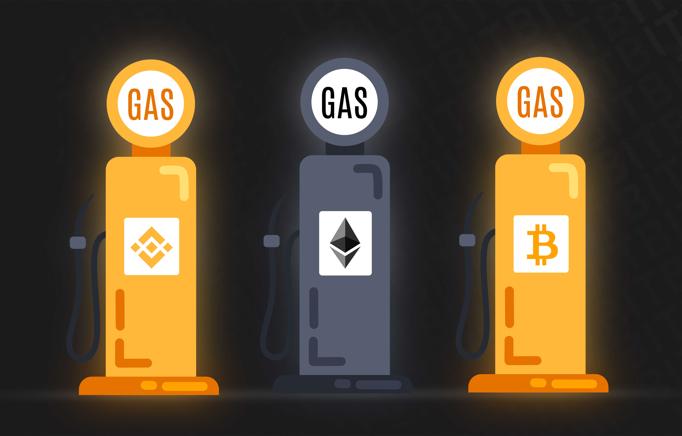What is gas fee
Crypto for Beginners
Other articles
It is the reward granted to miners for adding or processing transactions on the Ethereum’s blockchain. It's similar to the tip you leave your waiter at the conclusion of the dinner.
Because blockchains are decentralized, anonymous miners or validators add and validate transactions in the network blockchain. Any transactional blockchain system is built on this foundation. Miners solve complicated mathematical challenges to validate transactions in the PoW system for a payout of Ethereum tokens. Miners can earn Ethereum tokens in two ways. The first method is to mine Ethereum and receive payment in newly created Ethereum tokens. The second method is to collect Ethereum from users as a charge for completing their transactions.
On the Ethereum blockchain, over 3,000 decentralised apps (also known as dApps) are operating, all of which want their transactions to be included alongside those of other Ethereum network users. However, there are only so many miners who can validate these transactions at any given moment. As a result, the miners are forced to pick a specific quantity of transactions to validate. Because the energy cost for miners would be too large, all transactions cannot be confirmed at the same time.
As a result, the miners are forced to pick a specific quantity of transactions to validate. Because the energy cost for miners would be too large, all transactions cannot be confirmed at the same time. All unprocessed transactions are kept in a mempool, which is a mix of memory and pool. Miners can choose the transaction they want to validate in this section. On top of the normal gas charge, users pay additional gas (priority fee) to the mempool to prioritize their transactions.
The biggest problem with gas fees is that they are not stable. You can think of it as supply and demand – when there is a lot of users on the network, the gas fee will be higher. And vice versa. This creates unfair environment, but this kind of practice is used in multiple sectors or basically in every product and service in the world.
There have also been complaints, that gas fees are expensive, but also Bitcoin does not have low fees. However, there is a big difference, as Bitcoin is PoW and Ethereum is PoS.
In the last several years, the price of ETH has climbed dramatically. And, because the gas tax is computed in Gwei, a lesser denomination of ETH, the gas fee rises in tandem with the price of ETH. Gas costs will climb when the price of ETH rises owing to the cryptocurrency's popularity and DeFi (Decentralized Finance) grows. The basic fees rise in tandem with the network's user base. The Ethereum network's base fees will naturally rise as the number of decentralized apps grows to around 3000. By greatly boosting transaction-processing capacity and eliminating miners, the migration to PoS promises to put Ethereum costs in line with other market rivals.


